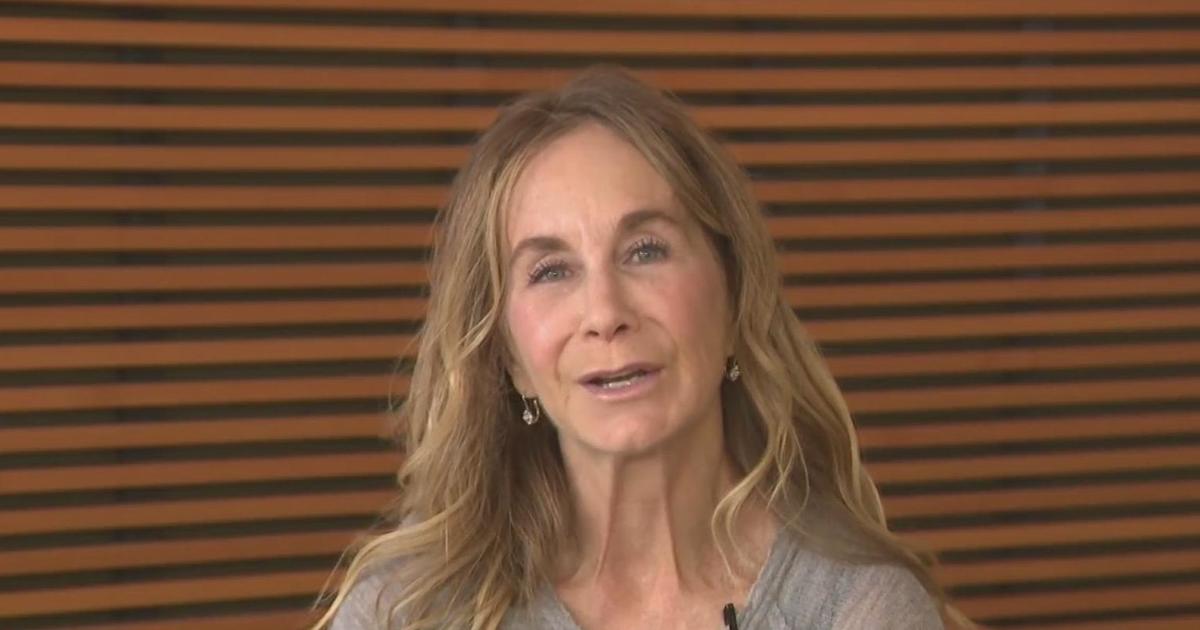Wells Fargo Profit Rises 23% Despite Slip In Mortgage Income
SAN FRANCISCO (CBS/AP) -- Wells Fargo, the nation's biggest mortgage lender, said Friday that its first-quarter profit surged 23 percent after the bank cut expenses.
Net income available to common shareholder rose to $4.93 billion from $4.02 billion a year earlier. On a per-share basis, earnings were 92 cents, beating the 89 cents forecast by Wall Street. Revenue slipped 2 percent to $21.3 billion and missed expectations.
Wells trimmed expenses 5 percent, cutting down on office space and using new technology to be more efficient. It's also enjoying lower expenses because in January, it and other banks settled government accusations that they had wrongfully foreclosed on some homeowners. Wells had been spending about $125 million a quarter for staffing and consultants to review individual foreclosures.
Over the year, the bank added about 9,400 jobs, an increase of 4 percent. Last year, it was the only megabank to add jobs instead of cut them.
The wealth management unit increased both revenue and profit. In the retail bank, which includes mortgages, profit was up but revenue fell.
San Francisco-based Wells Fargo, now one of the bellwethers for the banking industry, was little known outside the Western U.S. before scooping up a teetering Wachovia in the depths of the financial crisis in 2008. The bank has turned a profit every quarter since 2009, the year it wrapped up its acquisition of Wachovia.
The Federal Reserve said last month that Wells Fargo passed its annual checkup, a "stress test" to measure how a bank would fare in a severe recession. The Fed cleared the bank to raise its quarterly dividend by a nickel to 30 cents per share.
The results show that in an era of sluggish loan demand and increased government regulations, banks must stay lean if they want to boost earnings. The industry has come a long way since the panic of the financial crisis, but the pattern it's settled into is one of cutting expenses and maintaining revenue rather than turbocharged growth.
Analysts homed in on a slowdown in the mortgage business. For the past several quarters, Wells Fargo and other banks have enjoyed a boom in mortgage re-financings as homeowners lined up to take advantage of low interest rates. That pace now appears to be stalling, if not slowing.
Mortgage applications fell about 8 percent at Wells - to $140 million. Compared with a year earlier, Wells applications were down 25 percent.
Standards for getting a mortgage are still tight. Some homeowners might not qualify for a refinancing, because of changes to their personal finances, and others might not be able to afford one.
When homeowners refinance their mortgage, they get a lower interest rate that helps them save money over time. But getting a refinanced loan also can cost money upfront, in fees to the bank.
Analysts questioned whether the homeowners most motivated or most qualified to refinance already have - "the low-hanging fruit," as FBR Capital Markets analyst Paul Miller put it.
Tim Sloan, chief financial officer at Wells, estimated that 25 to 30 percent of Wells' mortgage borrowers were still eligible for a refinancing.
"It's a function of what their finances look like," Sloan said. "Maybe they've switched jobs and haven't had the opportunity."
Other people might not be aware of what's available.
The government is trying to raise that awareness. The Federal Housing Finance Agency on Thursday announced it would extend the four-year-old Home Affordable Refinance Program, and launch a national campaign to promote it. The program aims to encourage struggling borrowers to refinance loans at a lower rate. About 2.2 million people have refinanced their mortgages through the program since April 2009. Officials had hoped that at least 4 million borrowers would participate.
It's not clear what effect HARP might have: The big banks are already reaching out to their customers who would qualify for a refinance.
"Who knows how much it will really help," said Guy Cecala, the publisher of Inside Mortgage Finance.
The mortgage business is also less profitable than it has been in recent quarters. More lenders are competing for mortgage business, meaning some banks have to offer lower interest rates to home buyers. The banks also make money by packaging their mortgages into securities and selling them to investors, and those investors are demanding higher returns.
Wells controls nearly 28 percent of the U.S. mortgage lending market, according to Inside Mortgage Finance.
The bank's stock lost 1 percent Friday to close at $37.21.
(Copyright 2013 CBS San Francisco & the Associated Press. All rights reserved.)



